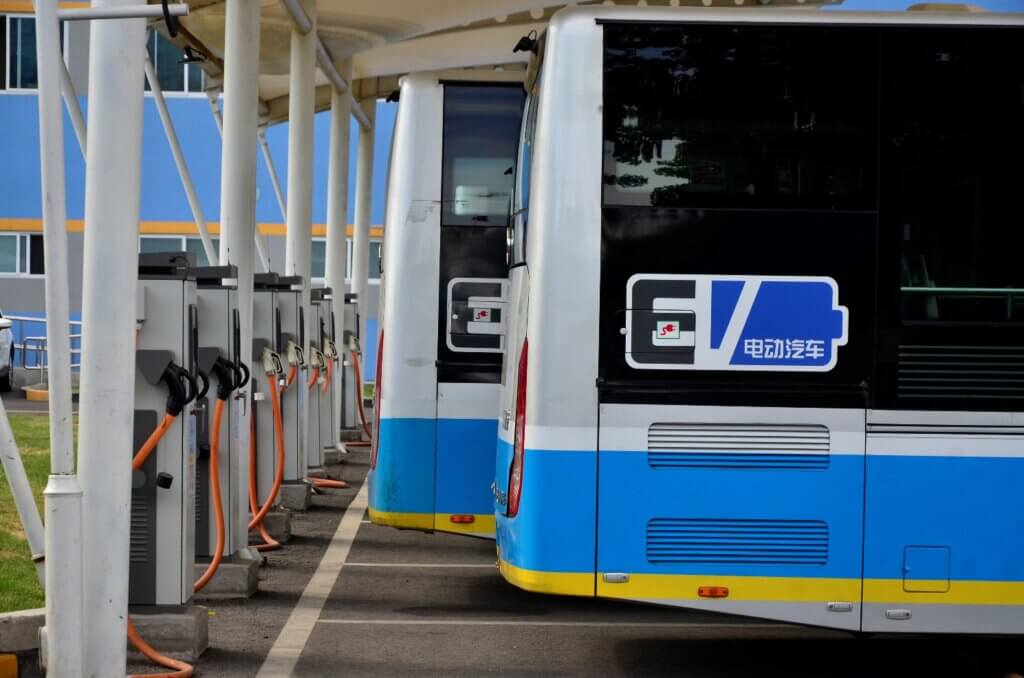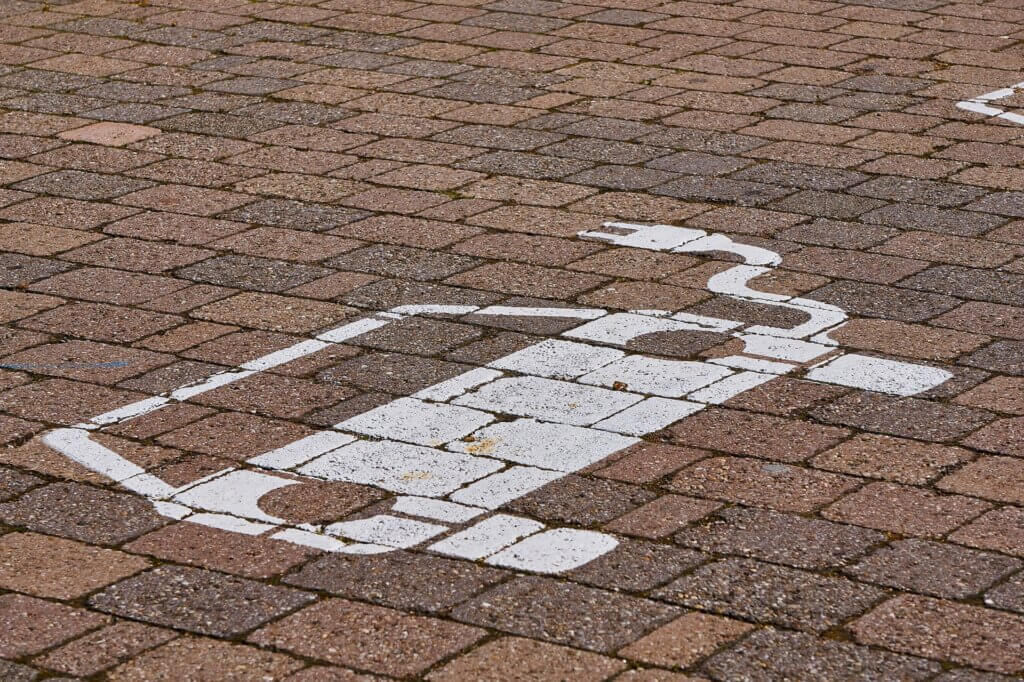E-Bus Development in China: From Fleet Electrification to Refined Management

The “Study on Technical System of the Life Cycle of Battery Electric Buses” follows the life cycle stations of battery electric buses, from its procurement, charging, operation, maintenance, to the decommissioning of batteries. It provides a technical guide for stakeholders in each of the procedures to achieve safety, efficiency, and sustainability. As part of the study, eight case cities covering various geographic area and social-economic level were identified: Zhengzhou, Chengdu, Shenzhen, Jinan, Guangzhou, Shenyang, Yinchuan, and Xi’an. Through surveys and interviews, the study collected first-hand data on the challenges, solutions, and best practices in these cities. Based on literature review, comparative analyses, field study, and expert consultations, the study then provides recommendations for all relevant stakeholders.
NDC-TIA Workshop: Climate Targets and Impacts in the Transport Sector in China

On October 29 2021, the National Determined Contribution Transport Initiative For Asia (NDC-TIA) project, together with the European Union Chamber of Commerce in China (EUCCC) jointly held the workshop “Climate Targets and Impacts in the Transport Sector in China”. The workshop aimed to facilitate international experience sharing on climate strategies, targets and policy making in the transport sector and to provide a platform for relevant stakeholders to discuss the pathway towards achieving the climate targets in the transport sector, with a focus on four key areas (energy, road freight, aviation and shipping)
China’s updated Nationally Determined Contributions (NDCs)

On 28 October 2021, three days ahead of the 26th UN Climate Change Conference of Parties (COP26), China submitted its updated Nationally Determined Contributions (NDCs) to the United Nations Framework Convention on Climate Change (UNFCCC).
International Best Practices in Mobility-as-a-Service (MaaS) at the ITS World Congress

On 12th October, 2021, as part of the ITS World Congress in Hamburg, the Sino-German Cooperation on Low Carbon Transport (CLCT) project of the Deutsche Gesellschaft für Internationale Zusammenarbeit (GIZ) GmbH organised the session Mobility-as-a-Service: International best practices on low carbon transport and mobility integration. The session brought together Mobility-as-a-Service (MaaS) operators and experts from Europe, India, and China to present on MaaS development in different regional contexts.
1+N – Policy Briefing: Action Plan For Carbon Dioxide Peaking Before 2030

This Action Plan is formulated to advance actions on carbon dioxide peaking in further implementing the major strategic decisions by the Central Committee of the Communist Party of China (CPC) and the State Council to peak carbon dioxide emissions and achieve carbon neutrality.
1+N – Policy Briefing: Working Guidance For Carbon Dioxide Peaking And Carbon Neutrality

Released on 24 October 2021, the policy can be understood as the top-level green and low carbon transition guidance for China’s national and international development strategy. It is the first policy of China’s “1+N” policy system for carbon dioxide peaking and carbon neutrality.
The Second UN Global Sustainable Transport Conference

Following up on the first Global Sustainable Transport Conference held in 2016 in Ashgabat, the Second UN Global Sustainable Transport Conference took place from 14-16 October 2021 in Beijing.
Kick-off Workshop – Temporary Parking Zones for New Energy Freight Vehicles

On August 24th, 2021, the Kick-off Workshop to the pilot project “Research on Setting of Temporary Loading and Unloading Parking Zones for New Energy Freight Vehicles in Chancheng District of Foshan” was jointly held by the Deutsche Gesellschaft für Internationale Zusammenarbeit (GIZ) and the Nanjing Institute of City & Transport Planning (NICTP).
Overview on Battery Swapping and Battery-as-a-Service (BaaS) in China

Battery swapping is seen as a complement to conventional charging, allowing the change of battery packs within minutes, whereas Battery-as-a-Service (BaaS) is offering innovative business models linked to the energy sector. This document provides an overview on status quo of battery swapping and BaaS in China.
Towards zero emissions: Overview on China’s climate pathway and implications to the transport sector

Since the announcement of China’s new 2030 carbon dioxi […]